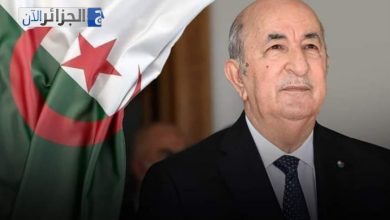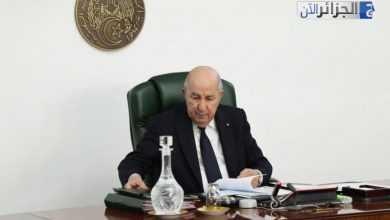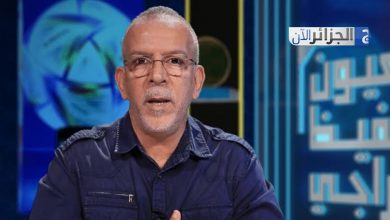Baghdad – Following the recent parliamentary elections in Iraq, the focus shifts to the crucial task of selecting a Prime Minister to form the next government. In a nation often characterized by political fragmentation, reaching a consensus on a suitable candidate can be a protracted and complex process.
The Construction and Development Coalition, led by the current Prime Minister Mohammed Shia’ al-Sudani, emerged as the frontrunner in the legislative elections, according to preliminary results released by the Independent High Electoral Commission. These results suggest that al-Sudani’s coalition is poised to secure 46 or more seats in the 329-member parliament. While a significant achievement, this number falls short of the majority needed to form a government independently. Al-Sudani will need to forge alliances with other political blocs to establish the largest coalition within the parliament.
Challenges Ahead: Al-Sudani’s path to securing a second term as Prime Minister may not be straightforward. He is expected to encounter resistance from other Shia alliances within the Coordination Framework. Key among these are the State of Law coalition, led by former Prime Minister Nouri al-Maliki, and the Sadiqun bloc, headed by Qais al-Khazali, which collectively secured approximately 60 seats. Further opposition could arise from other Shia political parties.
Given the absence of an absolute majority in the parliament, the major political players could spend weeks, or even months, negotiating alliances to build a grand coalition capable of determining the next Prime Minister. While vote tallies have been published for each province, the allocation of parliamentary seats is expected to be announced soon.
Since the first multi-party elections in 2005, Iraq’s political system has been based on a power-sharing arrangement among the dominant political forces, with the Prime Minister traditionally being Shia, the President Kurdish, and the Speaker of Parliament Sunni. The Prime Minister effectively holds the executive authority.
The Government Formation Process: The process of nominating a Prime Minister and forming a government following elections has historically been fraught with complications, often taking several months to resolve. In past parliaments, Shia parties with the largest number of seats have typically reached compromises to form a government, frequently leading to the exclusion of strong candidates before a consensus is reached. Parliamentary seats are often used as bargaining chips, and elected lawmakers can shift allegiances.




